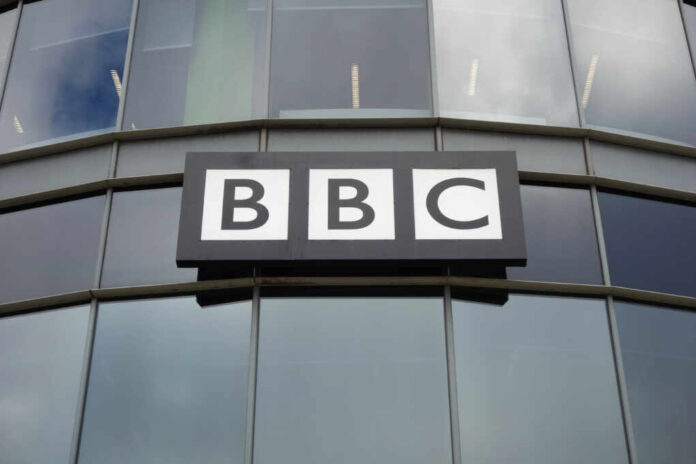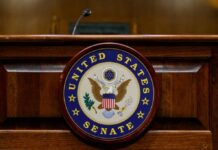
The BBC’s decision to halt live streaming of ‘high risk’ performances reflects the tumultuous aftermath of Bob Vylan’s incendiary Glastonbury set.
At a Glance
- The BBC will stop live streaming of “high risk” acts after Bob Vylan’s controversial performance.
- Bobby Vylan’s anti-IDF remarks during Glastonbury prompted backlash and criticism.
- The BBC previously deemed Bob Vylan suitable for live streaming despite assessing them as “high risk.”
- BBC apologizes to Jewish community and acknowledges errors in risk assessment processes.
- BBC’s new policy involves pre-recording potentially controversial performances.
BBC’s New Live Streaming Policy
The BBC will no longer broadcast performances live if categorized as “high risk,” in the wake of Bob Vylan’s recent Glastonbury performance controversy. Bob Vylan’s set featured politically charged comments that ignited backlash, prompting the BBC to reevaluate its broadcast policies. This strategic shift prioritizes careful content assessment to uphold broadcasting values, aiming to avoid offending the audience.
BREAKING: The BBC says it will no longer live-broadcast ‘high risk’ performances, after backlash over punk duo Bob Vylan at Glastonbury.
🤔 So… who decides what counts as ‘high risk’? pic.twitter.com/b04Y7geux0
— GB News (@GBNEWS) July 3, 2025
BBC Director-General Tim Davie extended a personal apology, emphasizing inclusivity and cultural respect, especially toward the Jewish community. Critics, however, question whether the BBC’s revamped policy stifles artistic freedom, while some applaud the network for taking responsibility. “The BBC has said it will no longer live broadcast ‘high risk’ performances after the controversy over Bob Vylan’s Glastonbury gig,” underscoring the sensitivity within today’s cultural milieu.
Watch a report: Bob Vylan at Glastonbury: free speech or hate speech?
Implications of the Bob Vylan Controversy
Bob Vylan ignited a firestorm after frontman Bobby Vylan led chants against the Israel Defence Forces during their Glastonbury set. This sparked immediate backlash, highlighting the fine line artists often tread between expression and offense. It’s ironic to consider that an organization like the BBC, renowned for supporting free expression, now finds itself entangled in such censorship debates. Bob Vylan’s U.S. visas were revoked, and they have been removed from several upcoming performances, indicating potential repercussions beyond the BBC’s jurisdiction.
“We deeply regret that such offensive and deplorable behaviour appeared on the BBC and want to apologise to our viewers and listeners and in particular the Jewish community. We are also unequivocal that there can be no place for antisemitism at, or on, the BBC.” – BBC thenational.scot
Looking Ahead: Balancing Oversight and Expression
Bob Vylan continues to navigate the fallout from their controversial performance. Despite visa issues and gig cancellations, they remain slated to play at the Boardmasters festival in August. The group, known for addressing politics through music, defends their position, advocating against violence rather than any specific group.
As the BBC adapts its policies, the wider broadcasting world watches closely. Tim Davie’s directive that Bob Vylan’s performance remain absent from further coverage underscores the seriousness of the episode. It’s evident that governing bodies now tread carefully in a rapidly shifting cultural landscape. To maintain the fine balance between broadcasting integrity and the support of open dialogue remains one of the BBC’s crucial tests.

























